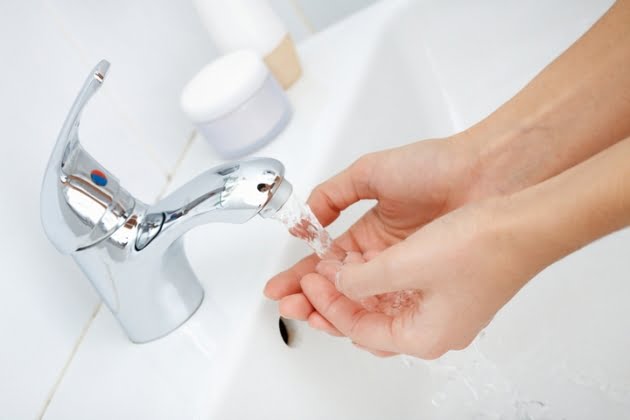The hot water in our homes is something that we take for granted without a second thought. When there is no hot water emerging from the taps, this can lead to many inconveniences and limitations. Without the hot water, it will be difficult to take warm showers, clean dishes, or even do something as casual as washing our hands.
There could be many reasons why your taps aren’t distributing hot water anymore. This is especially common during the colder months, since the volatile temperatures may cause unanticipated issues with your plumbing system. An emergency plumber will be able to troubleshoot further and find the best way to restore the hot water in your taps.
As a homeowner, there are various ways to fix this problem by yourself. Here are the best troubleshooting solutions when you have no hot water from taps:
1. Identify if there is no hot water in every single tap.
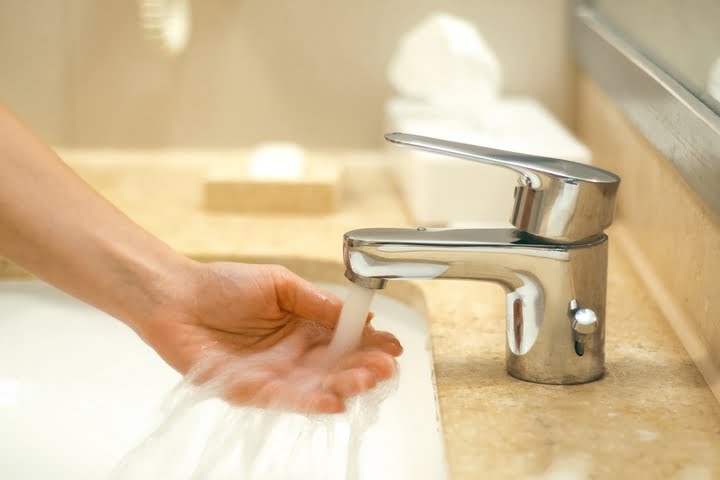
When there is no hot water from a tap, it is common to assume this problem persists throughout your house. However, you should check to make sure if this issue is prevalent or simply isolated to a single tap in your house. It is totally possible that you still have hot water in other parts of your home, such as the shower or the sinks on another storey of your house.
If you realize there is still hot water in most of the taps, this means the problem only occurs in a single faulty faucet. It is possible that particular faucet suffers from mineral build-up inside its water channel, which prevents the water from flowing properly. In this case, the solution is to disassemble the faucet and clean out these mineral deposits. You can either do this repair by yourself or call a plumber to help you with the process.
2. Check for leaks in your water heater.
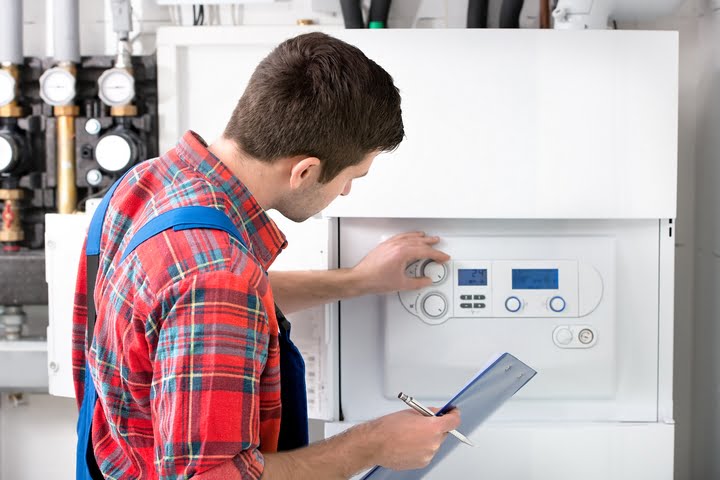
If you have no hot water from the taps, the most likely culprit is often a leaking water heater. A water heater leak can contribute directly to a lack of hot water in your home. Some leaks are more obvious than others, especially when you spot puddles near where the heater is located. Other types of leaks are more discreet and will require the professional expertise of a plumber to diagnose.
Depending on the cause of the leak, you have several options. If the source of the leaks come from loose or broken valves, you may be able to tighten or replace those valves by yourself. If the water heater is too old, rusty, or corroded, it’s time to purchase a new one.
3. Check for a broken thermocouple.
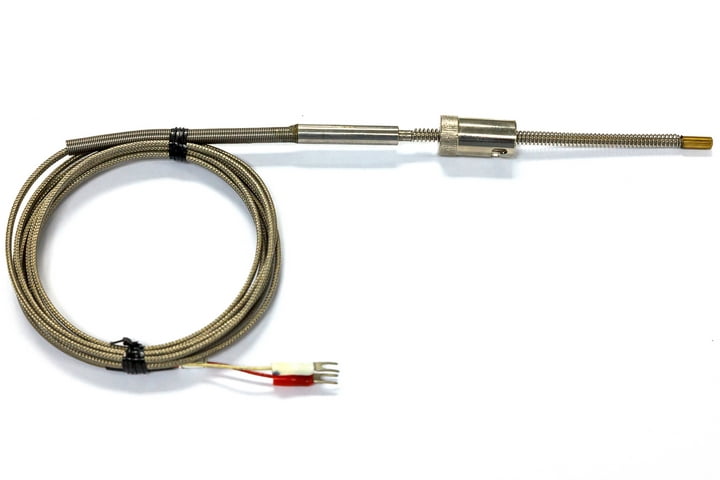
A thermocouple is the burner assembly or gas control that regulates the water heater to provide hot water. If the thermocouple has become broken or damaged, it will cause the water heater to stop functioning properly. This issue will lead to no hot water coming from your taps.
When a thermocouple is broken, you should get it replaced. The replacement process is relatively simple for homeowners who feel confident about their DIY prowess, although calling a plumber for help is recommended as well. Before you replace the thermocouple, always make sure to switch off the power to the water and gas as a safety precaution.
4. Inspect the thermostat.
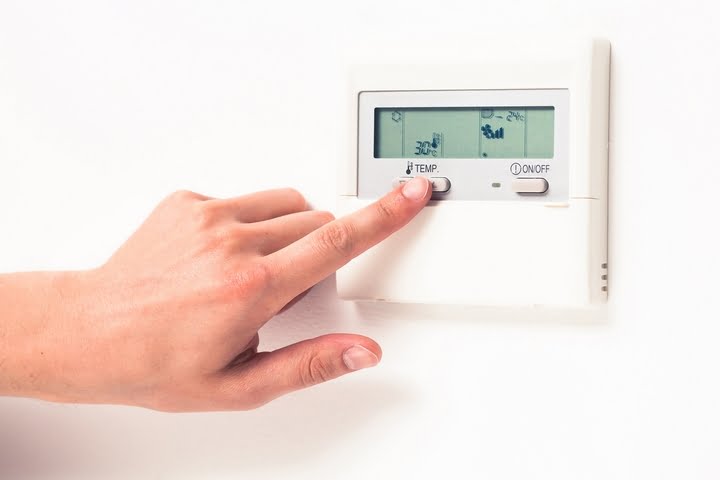
Your thermostat could be the main reason why there is no hot water from the taps. Check your water heater’s thermostat to see if the settings are adjusted accurately. If the temperature is set very low, simply reset the thermostat and wait for the hot water to return.
If the temperature keeps dropping in your thermostat, this may be an indication of technical issues with the device. Most likely, the thermostat is old or broken and doesn’t work properly anymore. You should call in a professional and get the thermostat repaired or replaced if necessary.
5. Check for mineral build-up.
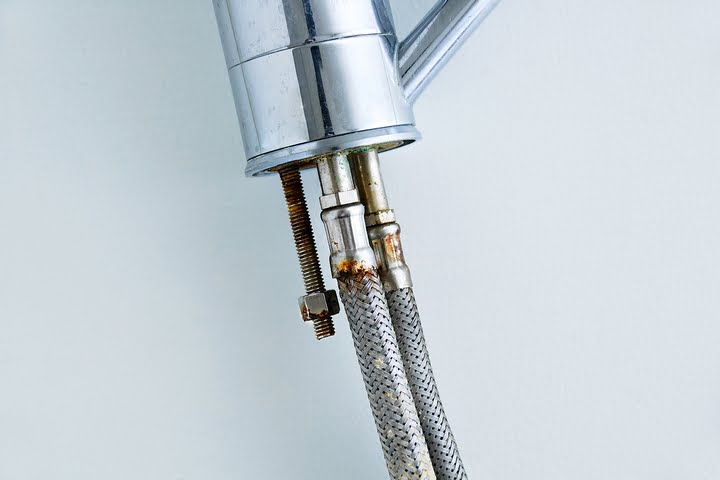
Over time, many water heaters are affected by a gradual accumulation of mineral build-up. When the build-up becomes too great, it will obstruct the normal circulation of water. As a result, you will end up getting no hot water from your taps.
To fix this problem, make sure your water heater gets cleaned at least once a year. This regular maintenance routine will prevent mineral deposits from interfering with your water supply. If you live in an area with hard water, you may have to flush out your water heater more than once a year.



